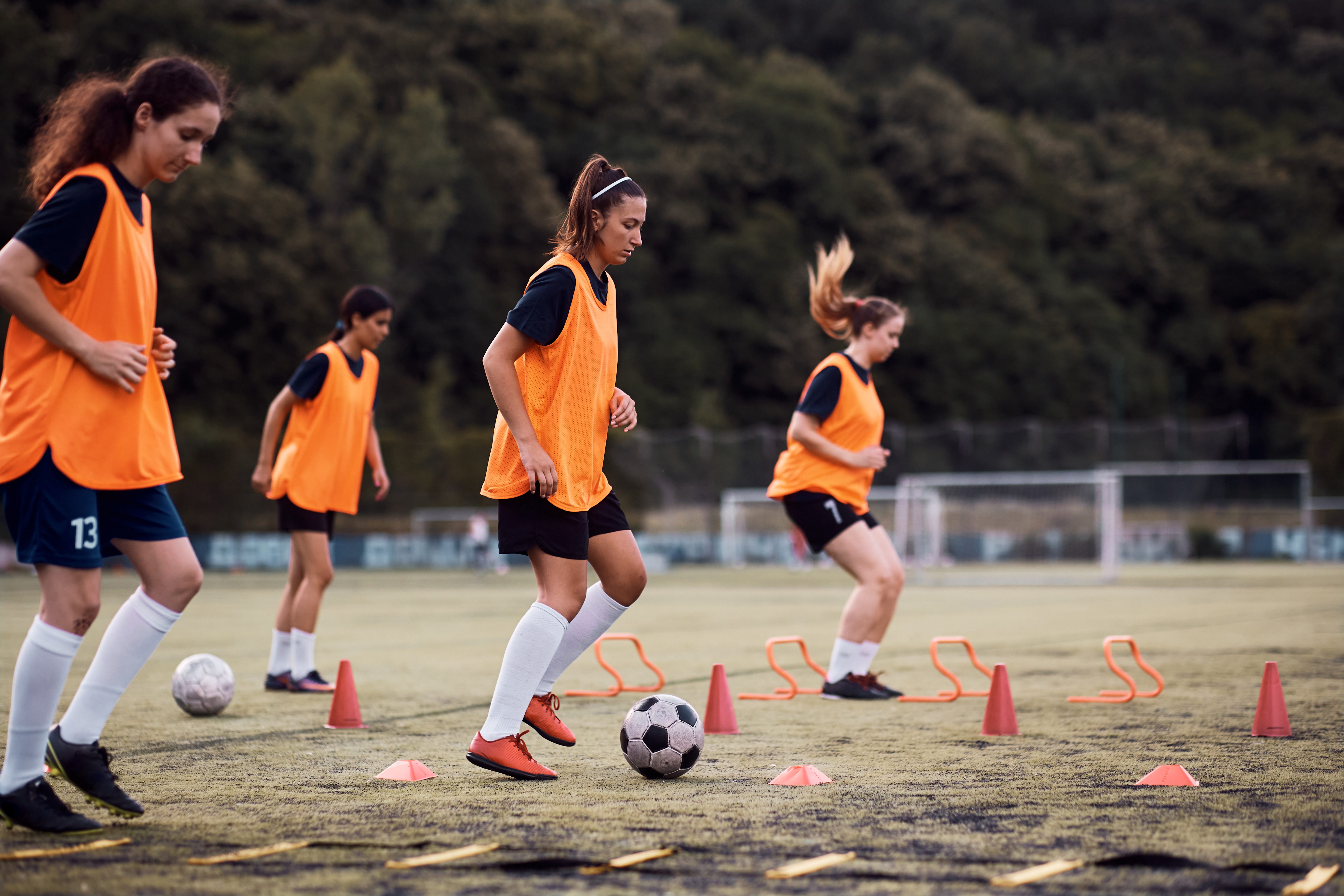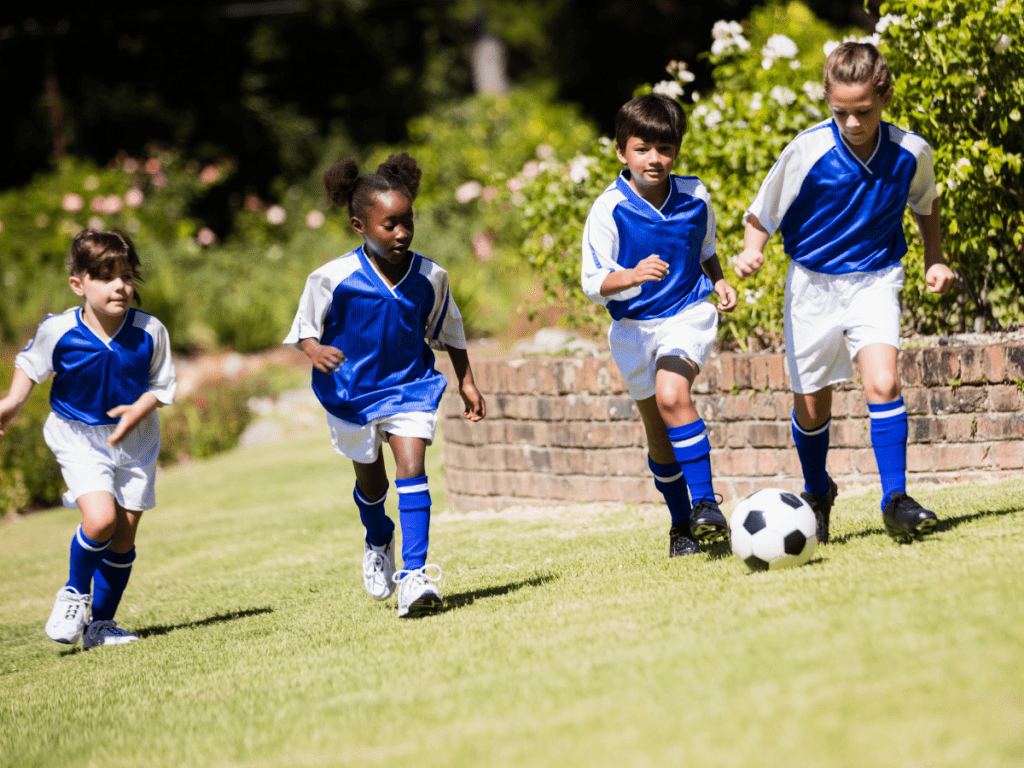Teaching body image in physical education classes
A recent review highlights ways to support positive body image among teens in secondary school physical education. One effective approach includes activities like yoga or mindful movement that help students reconnect with their bodies. These activities can encourage self-awareness and body appreciation through movement.
Unlocking potential: Building inclusive, equitable and accessible talent pathways across youth sport

Highlights: Talent identification and talent development systems “It is unacceptable that a player like Moise Bombito is not discovered until he’s 23 years old. I’ve coached some of the best centre-backs in the world and his talent level is in that category…We must find the next Moise Bombito at 15. We must know exactly who…
Managing concussions in children
Recent Canadian research has shown that, at least in children, there is no difference in symptom recovery between sport-related and non-sport-related concussions, reinforcing the need for proper care for every concussion, no matter where or how it happens.
Social identity and youth development in sport
A recent study reveals how sports shape youth development, particularly for those with limited family or peer support. Having a strong social identity formed through sports had the greatest impact on those with fewer resources. Creating supportive, community-driven environments and training coaches to encourage personal growth and athletic success is key to maximizing their potential…
Why kids quit sports and what keeps them playing

If you’ve ever watched a 9-year-old happily chase a soccer ball, only to see that same kid quit sports entirely by the time they reach adolescence? If so, you’re not alone. Unfortunately, this reflects a common trend in Canada, and it’s one that researcher and epidemiologist Dr. Mathieu Bélanger has been trying to unpack for…
At the crossroads of elite athlete and dad: Male athletes’ experiences navigating parenthood

There has been a longstanding perception that pregnancy, postpartum, and motherhood mark the end of an elite athlete’s career in sport. Over the last few years, many researchers, advocates, and athletes themselves have gone to great lengths in challenging this inaccurate belief. We wouldn’t go as far as to say that presumptuous views of this…
Strength training for children and youth
Parents often wonder whether strength training is safe for children and adolescents. Research shows that strength training can increase muscular fitness and bone mass, motor development, and performance if done properly. Strength training is considered appropriate for children aged 6 years and older through training strategies using body weight and simple equipment with a focus…
How parents can help their child cope with getting “cut”
Deselection, or being “cut” from a team, can be tough for young competitive athletes. Parents can help their child cope with being cut from a team by being positive and using the “console first, talk later” rule. Allow your child time to process their emotions for 24 to 48 hours before talking to them about…
Alison Doherty (ADOHERTY@UWO.CA) @ 06/05/2025
The prevention and medical management of concussions in sport are advancing, however too many incidents continue to be unreported at the youth level. Participants continue to under-report concussion symptoms during play, putting themselves at risk of further harm and longer recovery. To address this important gap in safe youth sport, we identify the multiple levels…
Promoting physical activity for youth with disabilities
Youth with disabilities experience several barriers to sport participation. In a recent review of the academic research, researchers highlighted the importance of “finding the right balance” in terms of the level of challenge and supports provided. They also identified social connections, social support, and an appropriate physical environment as essential factors in finding the right…